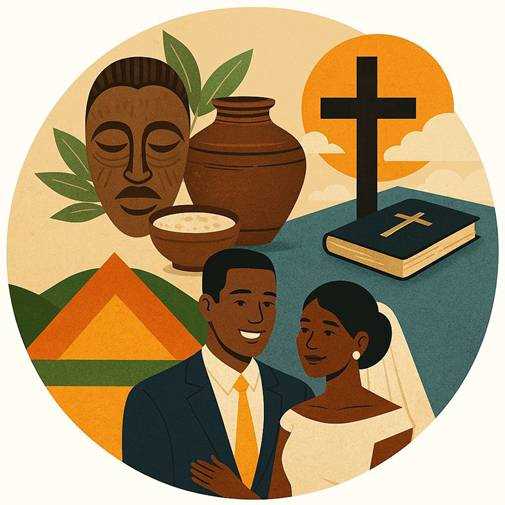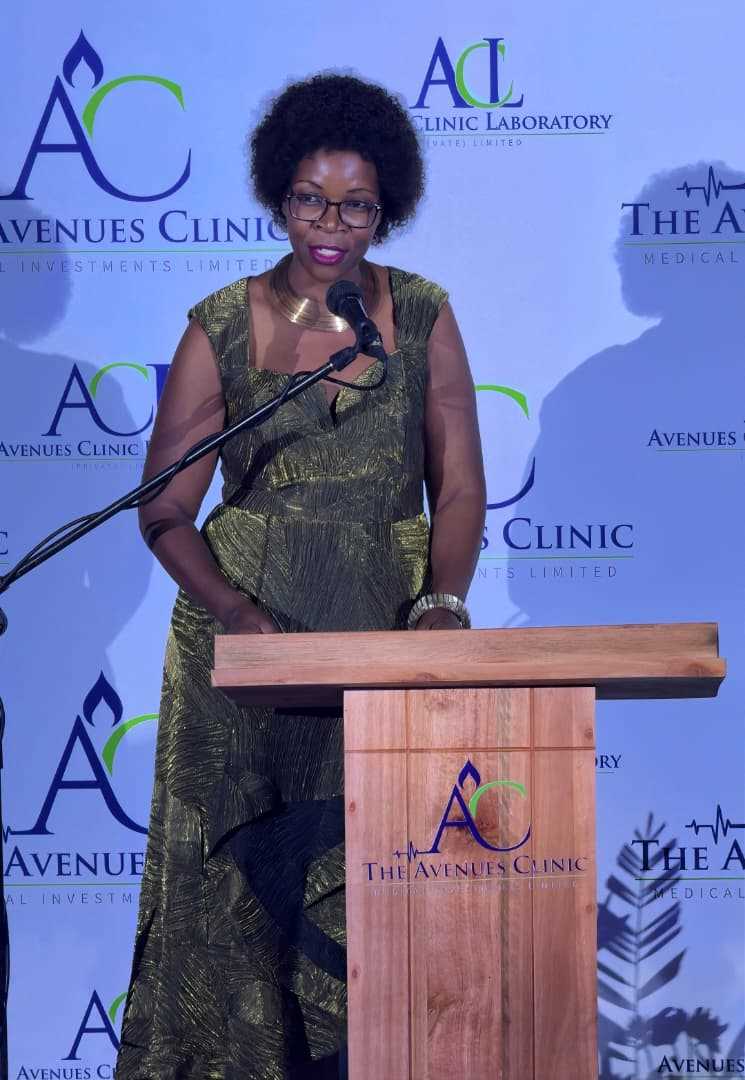
In Zimbabwean culture, particularly among the Shona people, the month of November—known as Mbudzi—is traditionally considered sacred. It is believed to be a spiritual resting period for the ancestors, during which no major traditional or spiritual ceremonies should take place. Practices such as kurova guva (bringing back the spirit of the deceased), kuroora or lobola ceremonies, and kubika doro remadzitateguru (brewing ancestral beer) are discouraged. The belief is that performing such rituals in November may offend the ancestors and bring misfortune.
This cultural understanding has extended to weddings. A popular myth says that marriages conducted in November do not last or are filled with misfortune. To explore public views on this belief, a poll was conducted among the Zim Now audience. The results showed that there is an almost equal distribution of beliefs among those who believe that it is true that November weddings bring bad luck, those who are unsure but prefer not to take the risk, and those who believe it is just a myth because love should not follow the calendar.
Beyond the numbers, the comments offered deep insight into how Zimbabweans interpret this tradition today.
One participant, Mathew Jeure, stressed the importance of respecting traditional customs, warning against experimenting with sacred cultural practices. He likened it to violating chisi, a traditional rest day, saying that customs exist for a reason and should not be ignored. Another participant commented that a November marriage might last, “but it might be a marriage full of problems!” Zimbabwe is seeing a renaissance of traditional religion with many young people immersing themselves in practices like taking snuff, consulting healers and attending bira ceremonies.
Related Stories
Pastor Douglas Kwashirai argued that marriage is established by God, not by the calendar. He referred to Psalm 127:1, which teaches that unless the Lord builds the house, the builders labor in vain. His message was clear: “Mwedzi haina kutanga kana kuronga waniso—God is the founder of marriages, not the month.”
Some participants took a humorous but realistic stance, arguing that marriage problems occur in any month. They pointed out that even couples who wed in December or during Christmas experience challenges.
A particularly informative contribution came from Bridget Mabhanda, who explained that the traditional Shona concept of November follows the lunar calendar, not the modern Gregorian one. She noted that traditional November begins around 20 October and ends around 15 November. Once the new moon appears in November, the sacred month is over, meaning traditional ceremonies may then proceed.
Another respondent agreed with Bridget’s explanation and added that this is why many families wait until around 16 November to begin holding weddings and traditional ceremonies such as kuroora, mabira, kusungira and others—because by then, according to the lunar calendar, the spiritually sensitive period is considered to have ended.
The November marriage myth reveals a fascinating intersection of tradition, spirituality and evolving thinking in Zimbabwe. For some, it remains a sacred cultural law that should be honored. For others, Christianity outweighs traditional timing. And for many, the success of a marriage depends not on the month, but on the commitment of the people involved.




















Leave Comments